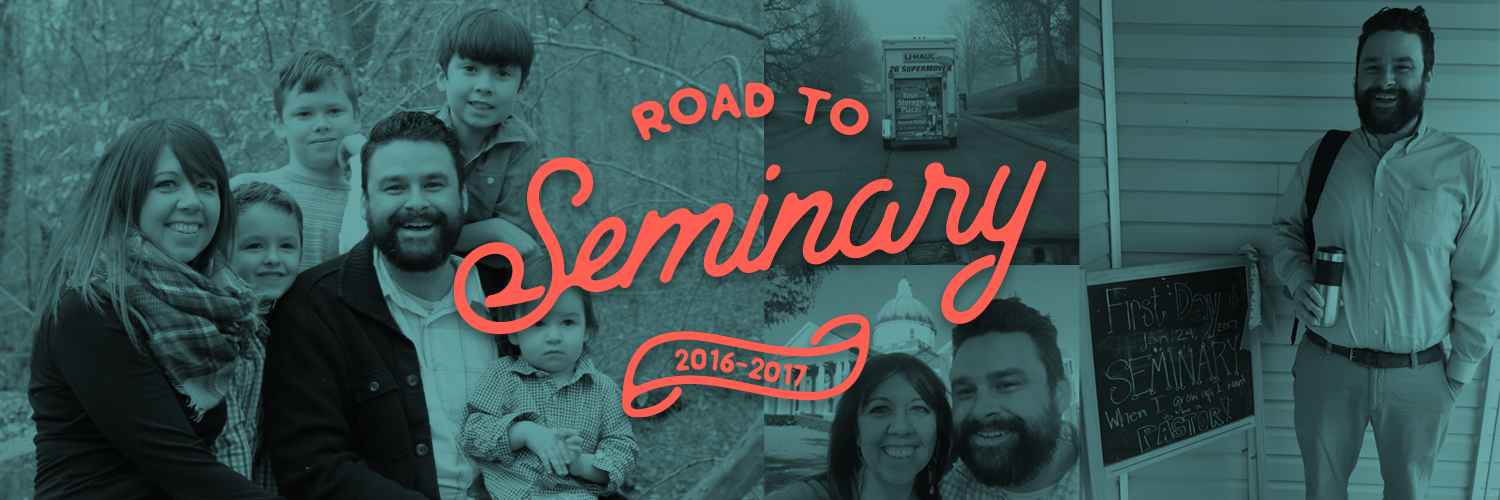This Sunday’s Call to Worship echoes the sentiments from the morning’s Psalm. He Hideth My Soul is a witness to the faithfulness and friendship of Christ. Not only this, but as we gather in his name and in song, we will declare his mighty power and unfathomable care for his children.
The morning Psalm comes from Psalm 71. We will be singing it to a recently introduced tune. It is a short passage yielding a single refrain and 3 subsequent verses. I have departed from the Psalter we have been using, the Sternhold and Hopkins Psalter of 1812, and opted for The New Psalms of David by Brady and Tate. This is a little easier to understand at first sing. As usual, I have replaced the Old English words. I am discovering that these old public domain psalters are quite difficult to digest. I’ve been looking at the Crown and Covenant Psalter as well as Calvin College’s Psalms for All Seasons. Both require copyright licenses so we will have to figure out what works best for us.
Psalm 71 is both a prayer and a testimony. I have been particularly moved by the 3rd verse in which is stated, “your constant care did safely guard my tender infant days; you took me from my mother’s womb to sing your constant praise.” As we raise our children and teach them hymns and songs, I rarely think about it being the purpose for which they were born. I usually think about singing God’s praise as one activity among many. However, singing Psalm 71 instructs us that this is the very reason God has put breath in our lungs and given us bodies: to praise him!. He protects us and shields us, not just for our own comfort but that we may return it in praise.
The writer of Hebrews, after a powerful exhortation to “run the race that is set before us,” in verses 18–29, contrasts the events at Mount Sinai in Exodus with the figurative Mount Zion, “the city of the living God.” Mount Sinai was fraught with fear. That is where the people begged Moses to speak for God because they could not bear to hear his voice (Exodus 20:18-26). Nothing could touch that mountain without being destroyed. Hebrews 12:22-24 says, “But you have come to Mount Zion and to the city of the living God, the heavenly Jerusalem, to an innumerable company of angels, to the general assembly and church of the firstborn who are registered in heaven, to God the Judge of all, to the spirits of just men made perfect, to Jesus the Mediator of the new covenant, and to the blood of sprinkling that speaks better things than that of Abel.” Where we were once unwelcome, in God’s presence, we are now welcomed and even living within. The work of Christ, his death on the cross, and resurrection from the dead, has provided a way of mercy for us to now reside in God, despite our sin, because we are “made perfect”
In the wake of the reading of this passage, we will sing Beautiful Scandalous Night. The imagery in this poetic song complements the passage well: “Go on up to the mountain of mercy / to the crimson, perpetual tide…” The language of following Christ to the mountain of mercy causes us to consider both Jesus as our Head, and our inclusion in his crucifixion. The benefits we receive vicariously through His sacrifice are beautiful, to say the very least.
We will move on to sing Jennie Lee Riddle’s Revelation Song. As the Hebrews passage leads us to consider the heavenly implications of our ascent of the mountain of mercy, so we will sing of the heavenly worship of our Exalted Head: “Sing a new song to him who sits on heaven’s mercy seat.”
Having received the God’s Word in the sermon and his Body and Blood in the Eucharist, we will conclude with Robin Mark’s One Day. This selection continues the theme of heavenly worship but from a perspective of anticipation. “Every knee will bow down / every tongue sing out loud…”



